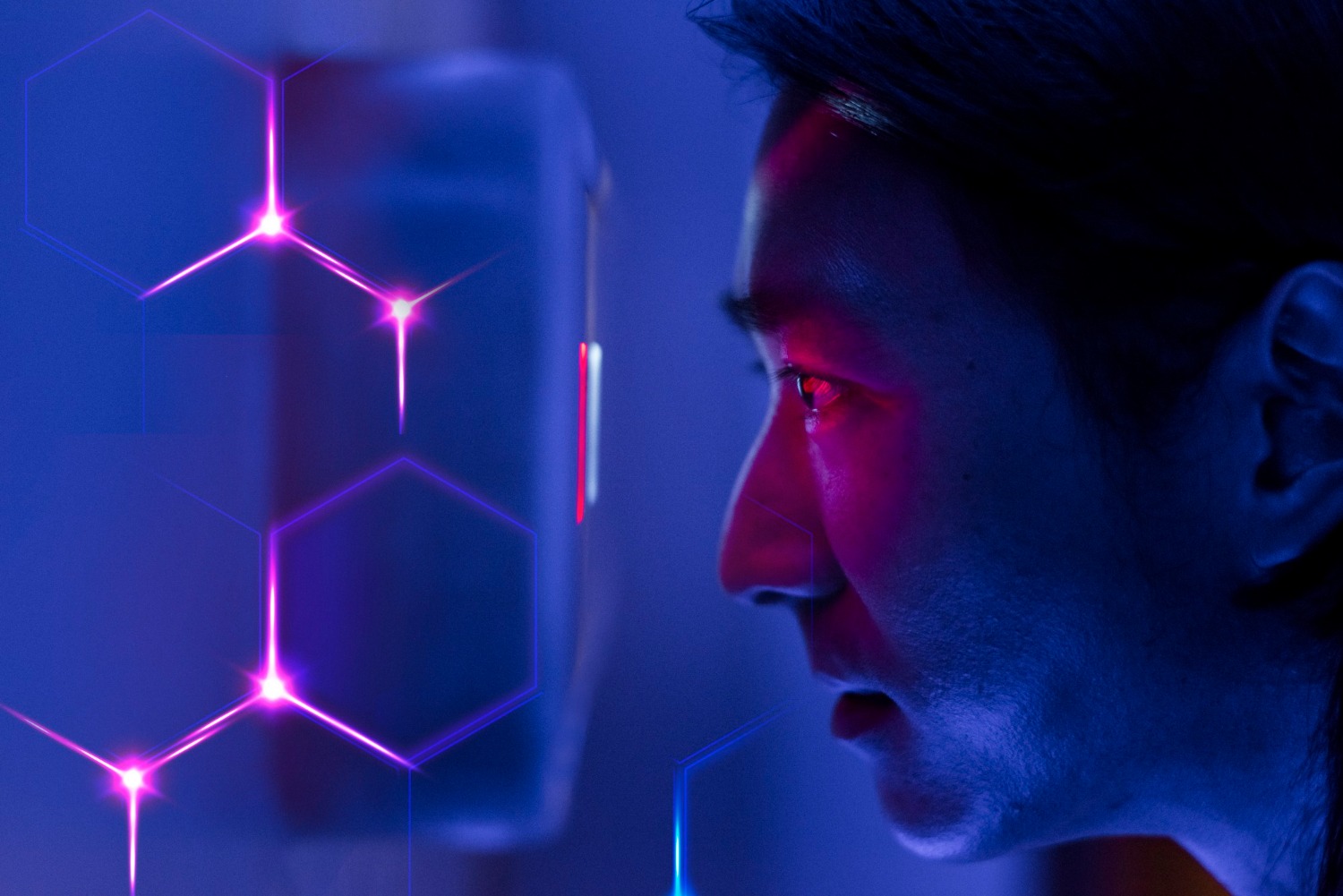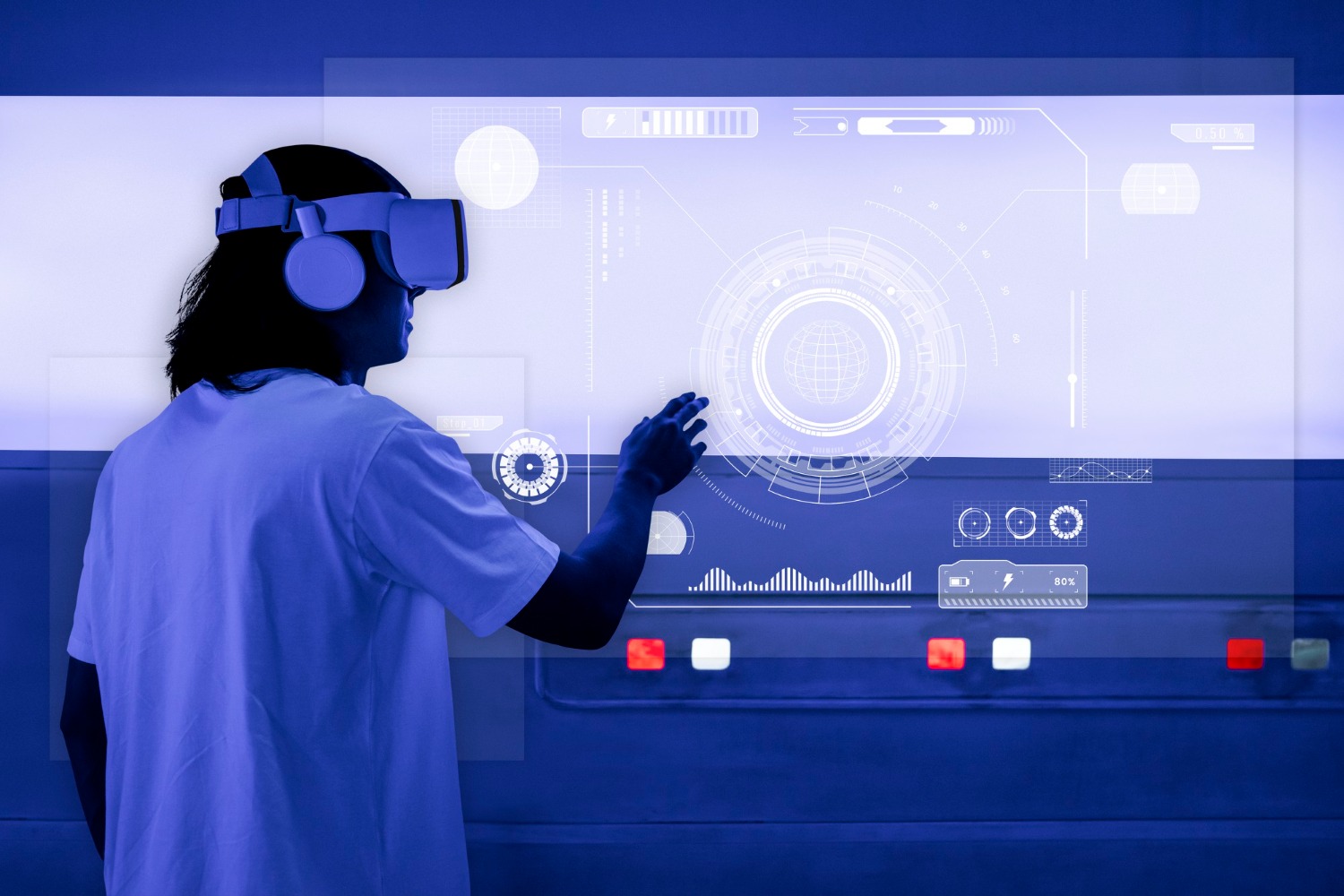AI Applications in Healthcare: Revolutionizing Patient Care and Efficiency
AI has the potential to revolutionize patient care, streamline hospital operations, and facilitate groundbreaking research. From diagnostics to personalized treatment plans, AI applications in healthcare are reshaping how medical professionals and institutions deliver services.
Healthcare, traditionally known for its complex, data-driven nature, generates vast amounts of information, from medical records to imaging and test results. AI systems excel at processing and analyzing this data at an unprecedented scale, enabling healthcare providers to deliver faster, more accurate diagnoses and personalized treatment plans. Whether it’s predicting health risks, optimizing resource allocation, or providing patients with on-demand support, AI has the potential to streamline processes and revolutionize the way healthcare is delivered globally.
1. Enhancing Diagnostic Accuracy
AI-powered diagnostic tools are among the most promising applications in healthcare. These tools use algorithms to analyze medical data, such as imaging scans, pathology reports, and laboratory results, with remarkable speed and accuracy. For instance, AI systems can detect abnormalities in X-rays, MRIs, or CT scans, assisting radiologists in diagnosing conditions like cancer, fractures, and neurological disorders.
A notable example is Google’s DeepMind, which has developed algorithms capable of diagnosing over 50 eye conditions from retinal scans. Similarly, AI systems are being trained to identify early signs of diseases such as Alzheimer’s and Parkinson’s, enabling earlier intervention and improved patient outcomes.
2. Personalized Treatment Plans
AI enables the creation of personalized treatment plans tailored to individual patients. By analyzing genetic data, medical history, and lifestyle factors, AI can predict how a patient will respond to specific treatments. This approach is particularly beneficial in oncology, where treatments like chemotherapy and immunotherapy often need to be customized.
IBM Watson Health is a leader in this space, using AI to assist oncologists in identifying the most effective treatment options based on a patient’s unique genetic profile and the latest clinical research. Such personalized care not only improves treatment efficacy but also reduces the risk of adverse effects.
3. Streamlining Hospital Operations
AI is revolutionizing hospital operations by optimizing resource allocation and improving patient flow. Predictive analytics tools can forecast patient admissions, enabling hospitals to allocate staff, beds, and equipment more efficiently. Additionally, AI-driven scheduling systems help reduce patient wait times and enhance overall operational efficiency.
For example, AI algorithms can analyze historical data to predict peak times in emergency rooms, allowing for better preparation. Some hospitals are also using AI chatbots to handle routine patient queries, schedule appointments, and provide post-discharge care instructions, freeing up valuable time for healthcare staff.
4. Accelerating Drug Discovery and Development
The process of developing new drugs is notoriously time-consuming and expensive. AI is helping to shorten this timeline by analyzing vast datasets to identify potential drug candidates more quickly. Machine learning algorithms can predict how different compounds will interact with biological systems, reducing the need for lengthy trial-and-error experiments.
AI is also being used to identify new uses for existing drugs, a practice known as drug repurposing. For instance, BenevolentAI utilized AI to identify Baricitinib, a drug originally developed for rheumatoid arthritis, as a potential treatment for COVID-19. Such advancements accelerate the development of life-saving treatments and lower costs.
5. Remote Monitoring and Virtual Health Assistants
AI-powered remote monitoring systems are enhancing patient care, particularly for individuals with chronic conditions such as diabetes, hypertension, and heart disease. Wearable devices equipped with AI can continuously monitor vital signs and alert healthcare providers to any concerning changes in real time.
Additionally, virtual health assistants, such as Babylon Health and ADA, use AI to provide patients with symptom checks, medical advice, and reminders to take medications. These tools empower patients to take control of their health while reducing the burden on healthcare providers.

6. Revolutionizing Surgical Procedures
Robotic surgery, powered by AI, is setting new standards for precision and safety in the operating room. AI-assisted robots, like the da Vinci Surgical System, enhance a surgeon’s capabilities by providing real-time guidance and reducing the risk of human error. These systems can perform intricate procedures with greater accuracy, resulting in faster recovery times and fewer complications for patients.
AI is also aiding in pre-surgical planning by creating detailed 3D models of a patient’s anatomy, allowing surgeons to rehearse complex procedures beforehand. This technology is particularly beneficial in neurosurgery and orthopedic surgery, where precision is critical.
7. Addressing Mental Health Challenges
AI is playing an increasingly important role in mental health care. Applications like Woebot and Wysa use AI to provide cognitive-behavioral therapy (CBT) and other mental health support through chat interfaces. These tools offer an accessible and cost-effective way for individuals to manage anxiety, depression, and stress.
Moreover, AI is being used to analyze speech and behavioral patterns to identify early signs of mental health disorders, enabling timely intervention. For instance, researchers are developing AI systems that can detect changes in tone, language, and facial expressions to assess emotional well-being.
Challenges and Ethical Considerations
Despite its potential, the widespread adoption of AI in healthcare faces several challenges. Data privacy and security are major concerns, as AI systems rely on large volumes of sensitive patient information. Ensuring compliance with regulations such as HIPAA and GDPR is crucial to maintaining patient trust.
Additionally, there is the risk of algorithmic bias, which can result in unequal healthcare outcomes for different populations. Addressing these biases and ensuring transparency in AI decision-making processes are critical for ethical AI implementation.
Lastly, while AI can augment healthcare professionals’ capabilities, it cannot replace the human touch that is vital in patient care. Striking the right balance between technology and human interaction is key to harnessing the full potential of AI in healthcare.
Conclusion
AI is undeniably transforming healthcare, offering innovative solutions to some of the industry’s most pressing challenges. From improving diagnostic accuracy to personalizing treatment and optimizing operations, AI holds the promise of better patient outcomes and greater efficiency. However, addressing ethical concerns and ensuring equitable access to these technologies will be essential as the healthcare sector continues to embrace AI. As advancements continue, the synergy between AI and human expertise will pave the way for a healthier and more connected world.




